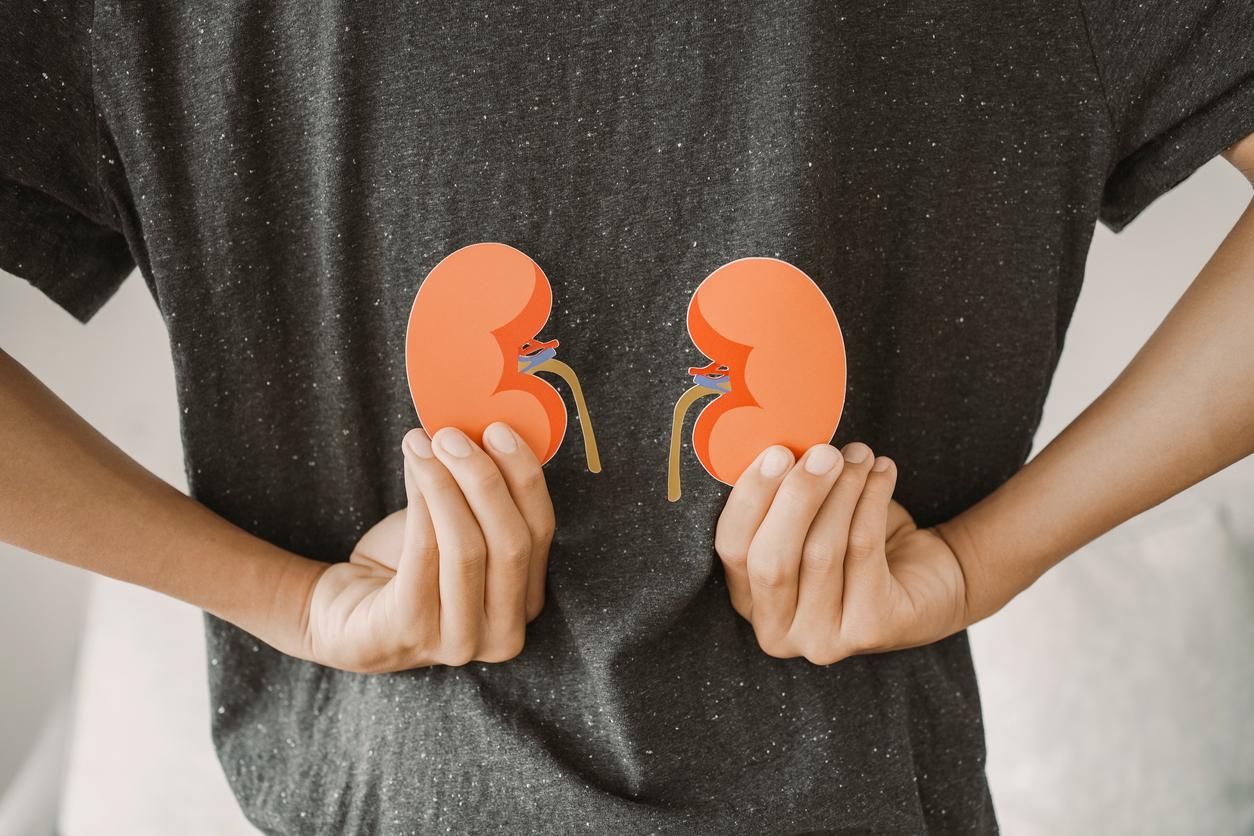The level of education influences access to kidney transplants. A study ofNational Institute for Demographic Studies (INED) highlights social inequalities in access to treatment among patients suffering fromrenal failure. Graduates are more likely to benefit from a kidney transplant than others.
For the 76,000 patients with end-stage renal disease in France (a stage where the kidneys no longer work), two possible treatments are prescribed, recalls INED: dialysis, which totals 55% of cases, and transplant, which concerns 45% of cases.
Although the least represented, the transplant represents the best treatment in addition to being the least expensive for the Health insurance. People who benefit from a transplant actually improve their quality of life as well as their life expectancy compared to those who undergo dialysis.
The INED study shows that graduate patients have more access to transplants than others, regardless of age and sex. This inequality of access according to the level of studies is also verified among the different treatment modalities: “patients transplanted from a living donor, therefore having access to the best treatment, are more qualified than transplant recipients who have received the kidney. of a deceased person, ”observes the report.
Graduates better informed about transplant procedures
Dialysis is also affected by these inequalities: “the dialysis methods requiring more autonomy – home dialysis and self-dialysis – also have more patients with a diploma higher than the baccalaureate than the others” continues the study. .
How to explain this situation ? Among the reasons mentioned, the study suggests that the most educated people would know better how to orient themselves in the medical world and would also be better informed about the possibilities of treatment and the modalities of the transplant.
Read also: Kidney transplant: discovery of one of the causes of rejection
Kidney transplant: glaring inequalities of access
Kidney transplant: how to access the waiting list













-1730888646.jpg)


